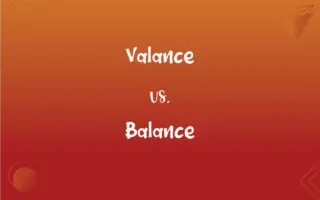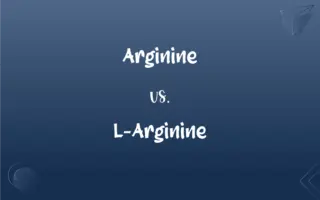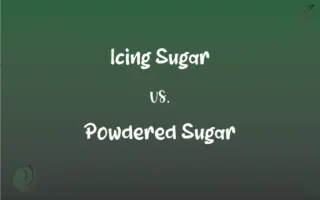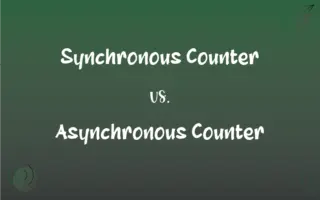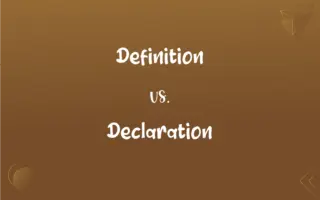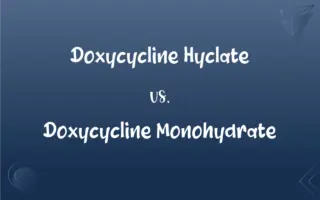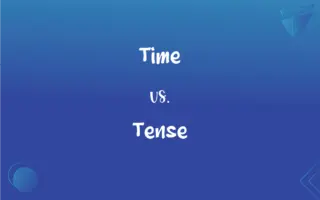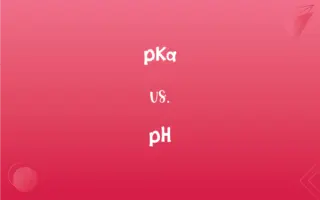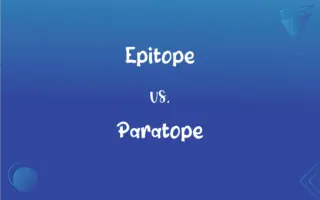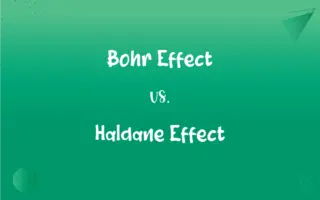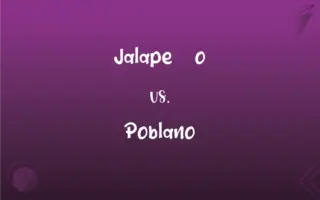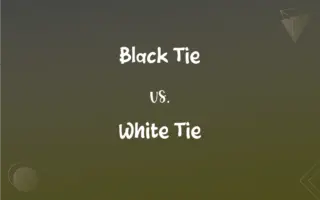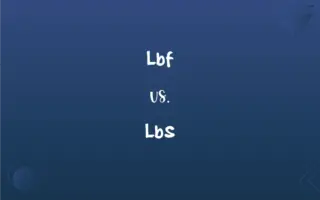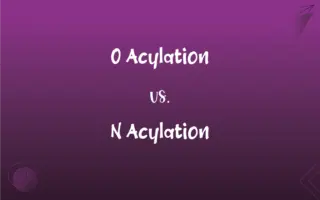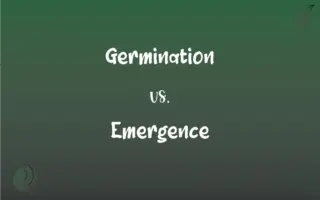Understatement vs. Hyperbole: What's the Difference?
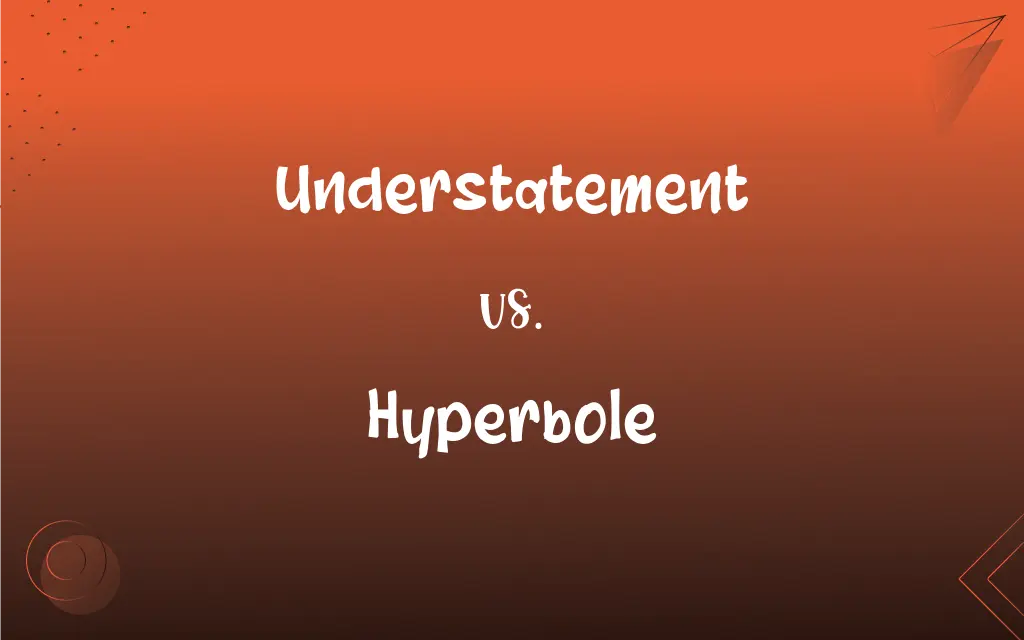
Understatement and Hyperbole Definitions
Understatement
A disclosure or statement that is less than complete.
Hyperbole
A figure of speech in which exaggeration is used for emphasis or effect, as in I could sleep for a year or This book weighs a ton.
Understatement
Restraint or lack of emphasis in expression, as for rhetorical effect.
Hyperbole
Deliberate or unintentional overstatement, particularly extreme overstatement.
Understatement
Restraint in artistic expression.
ADVERTISEMENT
Hyperbole
(countable) An instance or example of such overstatement.
Understatement
A figure of speech whereby something is made to seem smaller or less important than it actually is, either through phrasing or lack of emphasis, often for ironic effect.
A master of understatement
Hyperbole
A hyperbola.
Understatement
(countable) An instance of such phrasing or lack of emphasis.
Now that's an understatement.
Hyperbole
A figure of speech in which the expression is an evident exaggeration of the meaning intended to be conveyed, or by which things are represented as much greater or less, better or worse, than they really are; a statement exaggerated fancifully, through excitement, or for effect.
Our common forms of compliment are almost all of them extravagant hyperboles.
Somebody has said of the boldest figure in rhetoric, the hyperbole, that it lies without deceiving.
ADVERTISEMENT
Understatement
An incomplete disclosure that intentionally withholds relevant information.
Hyperbole
Extravagant exaggeration
Understatement
The act of understating, or the condition of being understated; that which is understated; a statement below the truth.
Understatement
A statement that is restrained in ironic contrast to what might have been said
